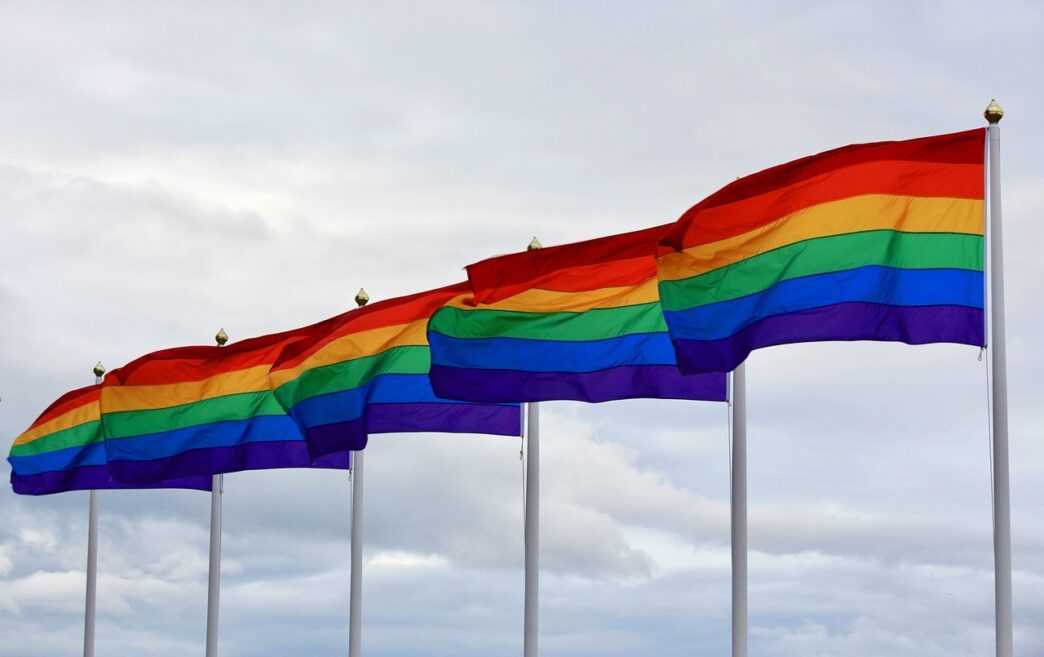Nairobi, Kenya –
A storm is brewing over proposed anti-LGBTQ+ legislation in Kenya, with economists warning of potentially devastating economic consequences. A recent report indicates that enacting stricter anti-gay laws could cost the East African nation a staggering $7.8 billion (approximately Ksh 1 trillion) per year. This projection highlights the significant economic impact of LGBTQ+ discrimination in the region.
Kenya already faces a culture of anti-gay discrimination which is costing the economy $1.3 billion per year. While same-sex relations are currently illegal under colonial-era laws, they are rarely enforced. However, proposed legislation, such as the Family Protection Bill 2023, threatens to impose harsher penalties, including lengthy prison sentences for same-sex acts.
Such measures could deter foreign investment and tourism, impacting various sectors of the economy. Open, inclusive, and diverse societies are better for business and economic growth.
The potential economic fallout stems from several factors. Discrimination against LGBTQ+ individuals can lead to reduced productivity, as individuals face harassment, blackmail, and lack of protection. Furthermore, international organizations and foreign governments may reconsider financial aid and trade agreements if human rights are perceived to be violated . Kenya’s reputation as a relatively tolerant nation in the region could also be tarnished, impacting its appeal to investors and tourists.
As Kenya debates its stance on LGBTQ+ rights, the economic implications cannot be ignored. While proponents argue for the preservation of traditional values, critics warn that such laws could cripple the nation’s economy and undermine its progress. The decision Kenya makes in the coming months will not only impact the lives of its LGBTQ+ citizens but also shape its economic future.















